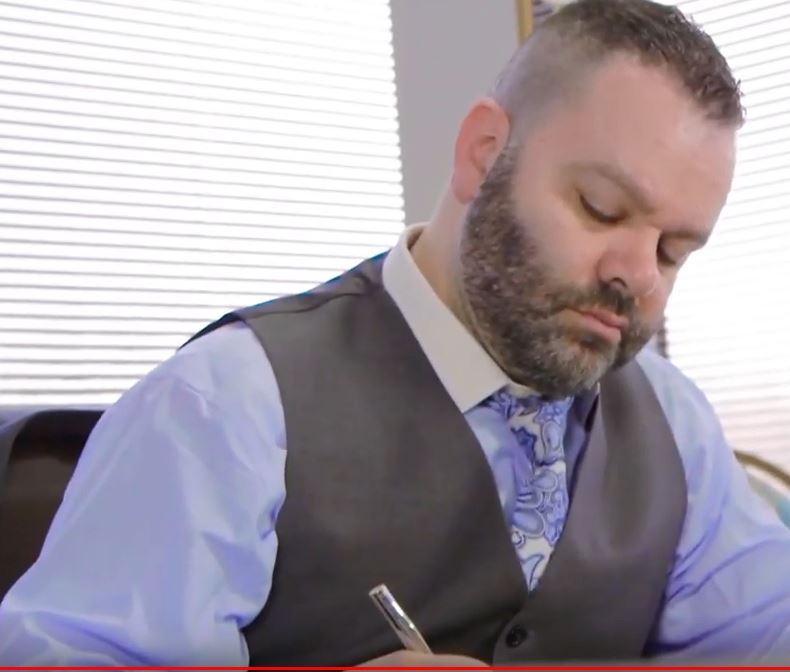College Park Criminal Lawyer

College Park, Maryland is a unique environment. The University of Maryland gives the town a population of thousands of students, but at the same time the community is home to a diverse suburban population at the edge of a major urban center.
Because College Park is incorporated as an independent city with a major state university, a number of different law enforcement agencies have authority to make criminal arrests within the city including the Prince George’s County Police, The University of Maryland Police, the Maryland State Police, and the City of College Park Contract Police.
Anyone charged with a crime in this community needs a College Park criminal lawyer who understands this environment as well as the implications of any charges. Reach out to a skilled attorney from our firm today.
Types of Criminal Charges Lawyers Typically Handle
Maryland criminal law classifies offenses as either misdemeanors or felonies. Misdemeanor crimes are not as serious and generally carry light though not insubstantial penalties including fees and jail sentences. As the more serious crimes, felonies carry longer jail sentences including the potential for life in prison.
While most violent crimes are considered felonies, even non-violent crimes will be classified as felonies if they involve property with a certain value. Factors such as injury or the involvement of particular types of property increase the potential for more serious penalties.
Examples of criminal charges include:
- Assault
- Trespass
- Theft
- Sexual offenses
- Disorderly conduct
- Driving under the influence of alcohol
- Breaking and entering
- Possession of prohibited firearms
- Drug possession
- Homicide
- Carrying a dangerous concealed weapon
While state law may permit certain types of conduct, local municipalities including the City of College Park may enact more restrictive prohibitions.
Penalties Upon Conviction
In addition to a decision as regarding innocence or guilt, a judge in a College Park criminal case will make a determination as to the type of penalty to be assessed in the case of a guilty verdict.
State and local criminal laws specify guidelines for the type of penalty to be assessed such as the number of days or years in jail or the range of applicable fines.
For example, a defendant found guilty of Driving Under the Influence of Alcohol (DUI) for the first time may be sentenced to up to a year in jail and be required to pay up to $1000 in penalties and will face license suspension for six months or longer.
Those penalties can double or even triple if there is a passenger under the age of 18 in the vehicle. (MD Transportation Code Ann. §27-101.)
Different factors affect the judge’s consideration of punishment to be assessed. These factors include:
- The existence or absence of prior offenses
- The seriousness of the crime (i.e. the value of goods stolen or damaged, the degree of violence, etc.)
- The impact of the crime on others
- The minimum and maximum penalties provided by law
As noted above, criminal sentences can include fines and jail time ranging from a few days to decades. In addition, the aftermath of a criminal conviction lingers long after fines are paid and jail time is served.
Records of criminal convictions and even arrests are easily available to the public and can be viewed by potential employers, landlords, educational institutions and more. A criminal charge can impact many aspects of life for years to come.
Is It Possible for Defendants to Represent Themselves?
Every criminal defendant has the right to legal counsel, but there is no requirement to retain an attorney. Defendants can represent themselves in criminal court. However, it is important to note that going through a trial without a seasoned defense attorney can be detrimental to the defendant.
Most people do not have the legal knowledge or resources to adequately fight their charges. Often, defendants lack a throughout understanding of their charges and constitutional rights. During questioning, individuals may feel obligated to give more information than necessary. Additionally, defendants may have trouble advocating for or against the admittance of certain evidence.
Prosecutors have years of experience fighting for criminal convictions. They will use every resource they have against the defendant. This is why it is so crucial to work with a practiced criminal defense attorney who understands the laws governing the case.
Reach Out to a College Park Criminal Attorney Today
An attorney with experience in the College Park environment can help clients understand the potential ramifications of the criminal charges in their unique circumstances and formulate a plan to work toward the best possible outcome. Understanding is the key. Call our office to see how a College Park criminal lawyer can help you.
